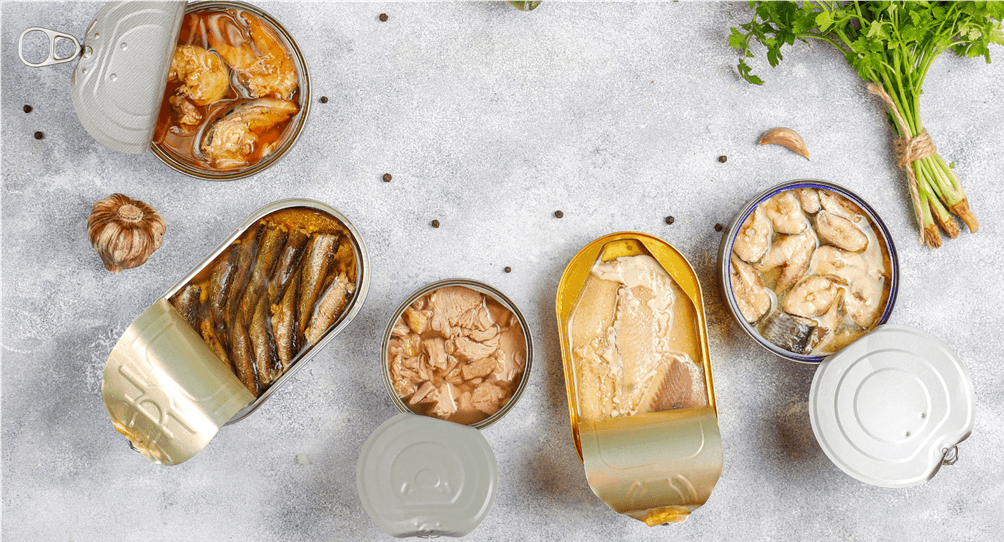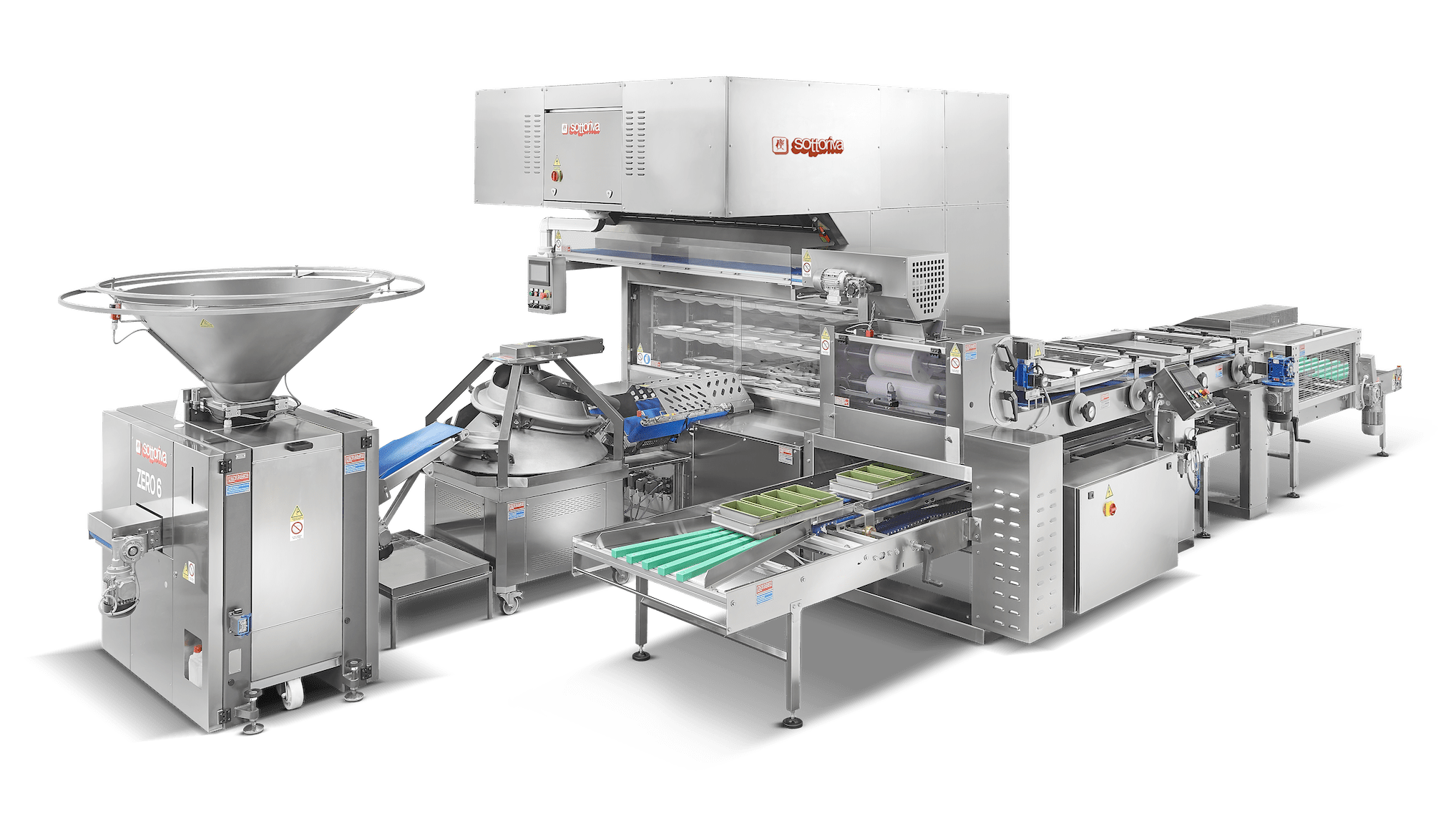They say it’s the packaging of the future due to its ability to be incredibly sustainable: it adheres to the most stringent requirements of circular economy and can be recycled infinitely. From food to cosmetics, aluminium is a true superstar.
There’s no need to leaf through marketing manuals to understand the extent to which packaging represents the company that has chosen it, the product that it contains, and the philosophy with which the single product or product line has been conceived. Among the many materials there are to choose from, one is beginning to emerge above all the others, so much so that in some sectors, like that of cosmetics, it’s becoming a real trend..
Every sustainable product line has metal containers on the shelf. Aluminium, a historic material that dates back to the previous century, is rapidly gaining ground thanks to its unparalleled characteristics which are firmly in keeping with the concerns of today.
Aluminium for Sustainability
If there’s one thing that has recently caused aluminium to make a resounding comeback, it’s the enormous attention which companies and consumers are paying to the topic of sustainability. In this regard, aluminium is practically invincible.
Obtained from bauxite and pressed into very thin sheets or foil, it’s a material that is 100% recyclable. This would already be enough, but there’s more: aluminium can be considered a permanent raw material in that it can be recycled infinitely, never losing its primary characteristics.
When a company chooses aluminium for its packaging, it is clearly communicating its desire to find an alternative to plastic and to minimize the environmental impact of its products, because when the product is finished, its container, if properly disposed of, can be completely transformed into a new raw material. Choosing a renewable material is an important step in preserving our planet’s resources.
To this end, in 2014 the organization Metal Recycles ForeverTM was established in an effort to inform consumers about the proper disposal of their products’ packaging and about the impact that this can have on our planet’s resources.
Credit for the initiative goes to Metal Packaging Europe, which connects 760 European companies (employing more than 180,000 individuals), 90% of which are made up of small and medium sized enterprises. The objective is clear: to make metal the preferred choice for consumers and for industrial packaging.
Both companies and consumers have responded well to the initiative. A study from December 2021, conducted by Metal Packaging Europe and European Aluminum (the European voice of the aluminium industry), demonstrates that the recycling rate of aluminium cans in Europe, Switzerland, Norway, and Iceland has remained constant at 76%.
Considering the hefty increase in the consumption of cans, this amounts to a record level of 488,000 tons of cans recycled, which translates into savings of 4 million tons of CO2 (equal to the emissions of a European city with 440,000 inhabitants, like Bratislava or Tallinn).
Not Just an Ethical Choice: Aluminum’s Characteristics in Terms of Product Safety and Preservation
If there’s one thing that makes aluminium interesting not only to the food industry, but also to the cosmetic and pharmaceutical industries, it’s its extreme safety. Aluminium has numerous qualities which, most importantly, are not lost over time, even during the recycling process.
Aluminium has an outstanding ability to preserve its contents and is so “healthy” that it can be commonly used to package foods: beer cans and the aluminium foil used to cover chocolates are an example. It’s a material that releases no substances which are toxic to humans, even when burned.
Aluminium eco-packaging is known in the food industry for its unquestionable ability to extend foods’ shelf life, as well as to maintain their flavor and organoleptic characteristics, guaranteeing a protective barrier against light, air, bacteria, liquids, and humidity. These same benefits apply to cosmetic products.
Here, in particular, aluminium is ideal for containing not only traditional cosmetics, but also cosmeceuticals and product lines that are free of parabens and preservatives in general, which, more than other products, require an insulating packaging that’s able to preserve the product’s functional characteristics and prevent oxidation.
Finally, aluminium has the advantage of being a lightweight material, which makes it possible to save an enormous quantity of raw materials and energy in the production process overall.
Aesthetics are Important Too
Plastic and glass have monopolized the world of packaging, with aluminium only recently – precisely because of the modern consumers’ desire for sustainability – starting to claim its own well-defined space and be appreciated by popular brands in various sectors.
One might assume that its eco-friendly characteristics and ability to preserve products would be sufficient to justify this shift, but the aesthetic appeal of aluminium packaging is playing a big role as well.
In fact, the ultra-thin and meticulous workmanship of its sheets allows it to conform to the most original designs: aluminium is malleable and pliable, and can be “bent” to fit practically any idea, making it one of the preferred materials among the gurus of the design and architecture world.
But that’s not all. Its versatility and ability to adapt to unique details and come in almost any colour can lead to the widest variety of solutions: from glossy finishes to matte ones, from a minimalist look to fluo-pop redundancy.
Creativity and sensory engagement are limitless and made possible by the ability to create, for example, silkscreens, pad prints, engravings, or even reliefs. In this way, aluminium is able to satisfy the most unique demands of every sector.






